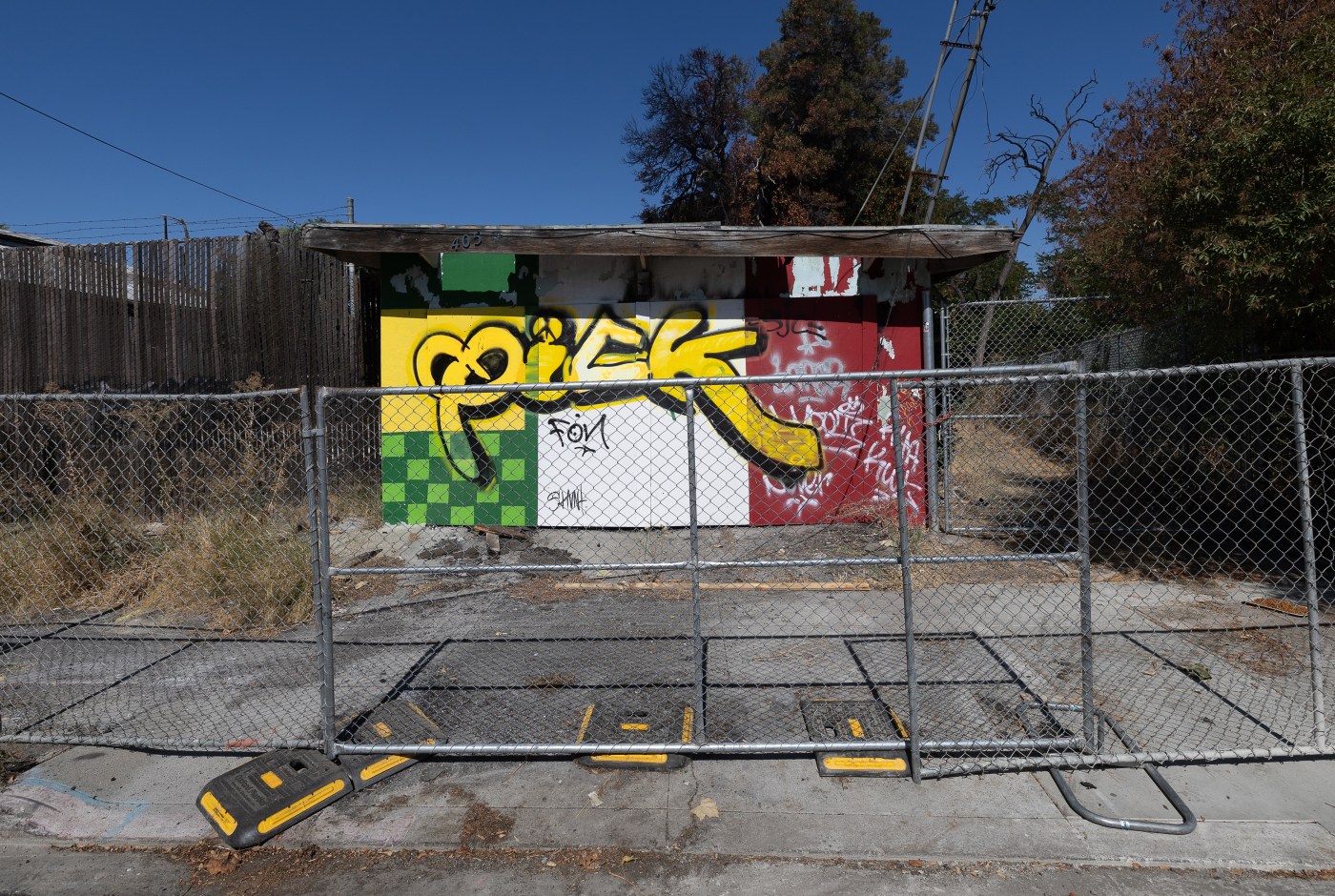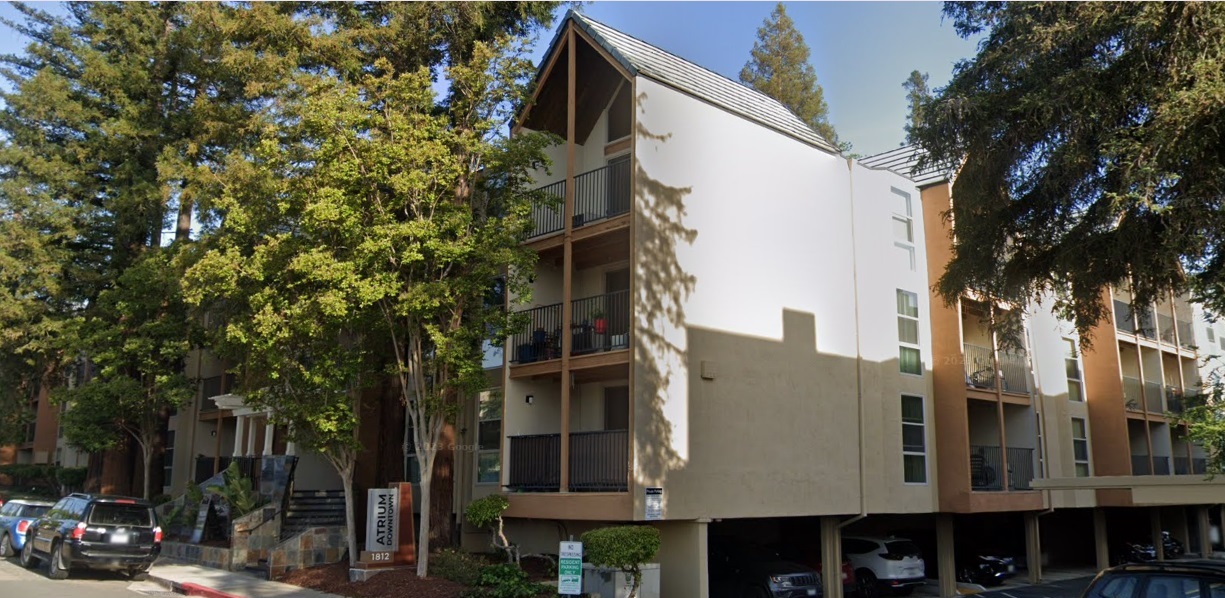President Trump recently talked about undocumented immigrants and farm work:
“You know, people that live in the inner city are not doing that work. They’re just not doing that work. And they’ve tried, we’ve tried. Everybody tried. They don’t do it. These people do it naturally, naturally.”
The word “naturally” is a tell.
Forgetting that Hispanic farmworkers often lack any alternative to sweating in the fields for little pay, he suggests their genes suit them for nothing but farm labor.
Related Articles
Walters: The stakes for a redistricting war differ between Newsom and Californians
Letters: Disenfranchising voters should be a tough sell in state
EPA cites DEI in decision to cancel North Richmond grant worth nearly $20 million
Letters: GOP leaves California little choice on redistricting
After Trump’s DOGE action, 300 million people’s Social Security data is at risk, whistleblower says
That’s typical Trump, whose obsession with genes did not start with Sydney Sweeney.
In 2010, he told CNN: “I’m a gene believer. Hey, when you connect two racehorses, you usually end up with a fast horse. And I really was – you know, I had a – a good gene pool from the standpoint of that.”
Trump’s defenders might say he was actually complimenting farmworkers.
Contrary to myth, the job is not simple: it requires strength, resilience and dexterity. But Trump does not seem to think that “these people” come from a good gene pool.
“Many of them murdered far more than one person, and they’re now happily living in the United States,” he told Hugh Hewitt last year. “You know, now a murderer, I believe this, it’s in their genes. And we got a lot of bad genes in our country right now.”
Trump is not the first president to bring such attitudes to the Oval Office.
“The Mexicans are a different cup of tea,” said Richard Nixon in a 1971 recorded conversation. “They have a heritage. At the present time, they steal, they’re dishonest, but they do have some concept of family life.”
Trump and Nixon are part of a long history of US presidents who disparaged immigrant groups as inherently unworthy.
Supporting legislation to restrict Chinese immigration and residency, Grover Cleveland said that the Chinese were “an element ignorant of our constitution and laws, impossible of assimilation with our people and dangerous to our peace and welfare.”
As a young lawmaker in New York, Theodore Roosevelt wrote: “The average Catholic Irishman of the first generation as represented in this Assembly, is a low, venal, corrupt and unintelligent brute.”
In his history of the United States, Woodrow Wilson described the immigrants of the late 19th century as “men of the lowest class from the south of Italy and men of the meaner sort out of Hungary and Poland, many of them men out of the ranks where there was neither skill nor energy nor any initiative of quick intelligence.”
Calvin Coolidge, who served as president a few years after Wilson, took this line of thought to a disturbing conclusion:
“There are racial considerations too grave to be brushed aside for any sentimental reasons. Biological laws tell us that certain divergent people will not mix or blend. The Nordics propagate themselves successfully. With other races, the outcome shows deterioration on both sides.”
Previous generations of immigrants heard the same message echoing through history — that they weren’t smart enough to do professional work and that they did not belong in mainstream American society. And that’s what Hispanic immigrants face too often today.
Told They Can’t, a new documentary, is about 10 people who grew up amid poverty, neglect and the punishing demands of farm labor. They all heard the same kind of thing: you will never go to a good college or make it in a white-collar job. Today, they are engineers, physicians and public officials.
Their stories showcase what the children of migrant farmworkers are capable of achieving. But Trump does not want to see that. Seeing the worst in immigrants comes naturally to him.
John J. Pitney, Jr. is the Roy P. Crocker Professor of American Politics at Claremont McKenna College.





